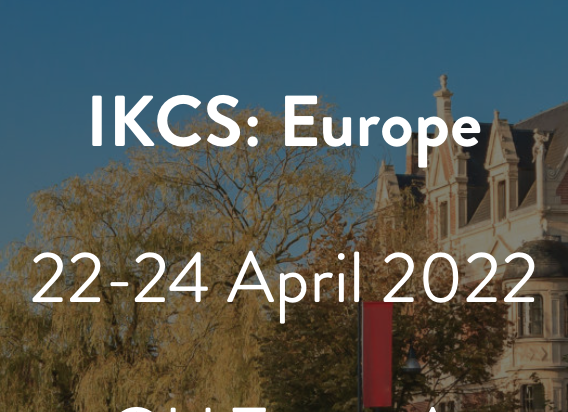Share this Page:
During 2022 European International Kidney Cancer Symposium (EIKCS) in Antwerp, Belgium at the weekend there were two debates about the merits of immunotherapy/tyrosine kinase inhibitor (TKI) combinations and immunotherapy/immunotherapy combinations for the first-line treatment of advanced kidney cancer.
In the first debate on immunotherapy/TKI combinations, clinicians want the best outcomes for their patients. Patients want control of their cancer, a potential disappearance or cure of their cancer, less cancer symptoms, few side effects of treatment, and the best quality of life. All of these outcomes must be taken into consideration on the basis that there are currently no reliable biomarkers for kidney cancer to enable personalised treatment. Overall, clinicians and patients would like a highly effective treatment for all patients.
In the second debate, the merits of a combination of two immunotherapies (nivolumab plus ipilimumab) were discussed.
As in the previous debate, the most important outcomes for cancer treatments are long-term survival and potentially a cure. Cancer control, response rates, quality of life, and time to when the treatment stops working are less important.
In conclusion, the “only proven chance of cure” for patients with intermediate and poor risk disease comes from the combination of nivolumab and ipilimumab. Many patients with favourable risk disease might not need medicines or they can be treated with TKIs. Therefore, the immunotherapy/TKI combinations are not necessarily the best choice for all patients with advanced kidney cancer.














